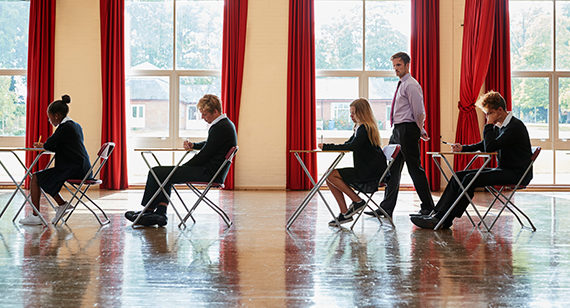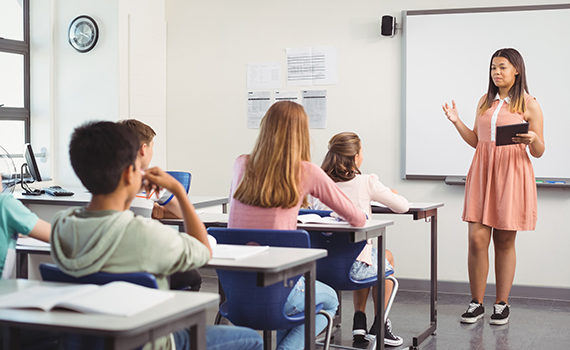Research and case studies from education show that mindset and attitude are major factors in most of the important outcomes for individuals at secondary school age.
We have seen a positive impact on the attainment, wellbeing and behaviours of students and staff. The 4 Cs model is very accessible to all stakeholders and is now embedded in the school’s ethos. The next stage is to carry out (within a PhD programme) a formal analysis to better understand which interventions are most effective and how we can apply this to different groups of pupils.
The techniques and exercises used in the programme must be fully integrated into the curriculum at a classroom level and used at home. Parents, Progress Mentors, Subject Teachers and Support Staff must be informed of the results of the Development Report and equipped with the necessary skills to deliver and maintain the scheme so that all students can benefit from heightened concentration, self belief and positive thought.



